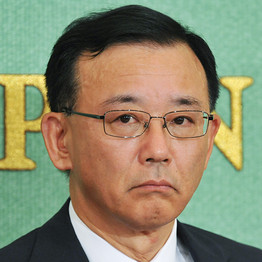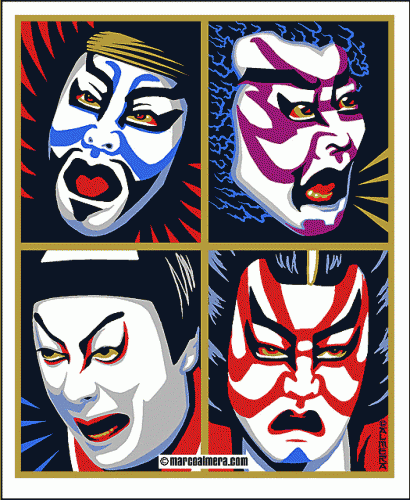Today I will point out a minor error in a pundit’s description of Japan. This is sort of nitpicky, but hey that’s what we do here.
NPR’s Planet Money recently had an interesting interview with an author whose theory is that countries like Japan and Germany that grew rich after WW2 did so by selling exports to countries like the US who were willing to overspend (thanks to cheap credit provided to compensate for failing to provide good educations and hence good jobs to the people). This way, those emerging countries were able to achieve wealth and growth without subjecting their domestic industries to intense competition.
Japan, he says, has top-rate manufactured goods but a hopelessly inefficient domestic service sector. However, the example he gives is somewhat outdated. Basically, he says that haircuts in Japan are very expensive because the existing players banded together to keep out new competition by requiring that all haircuts require a shampoo afterward; to do otherwise would be unhygienic.
That might have been the case maybe a decade ago, but in today’s Japan Y1000 haircut places are everywhere. Just yesterday I got my haircut in Tokyo with no shampoo. I am not too clear on the history, but if memory serves the operator of QB House fought for more than a decade to liberalize the byzantine barber shop regulations.
Here’s the comment I left on their blog:
The interviewee’s example of Japanese barber shops is very outdated. Just today I got a haircut for about $12 with no shampoo. Until recently he would have been right, but there has been considerable deregulation since then. That isn’t to say there aren’t other occupations with ridiculous guild-based restrictions – Japan’s many dubious “qualifications” have recently come up as a subject of debate under the new government. It’s just that the particular case of haircuts doesn’t apply anymore.
Adam in Tokyo
That said, I think he’s got the right idea, even today. Even without special regulatory protection, many Japanese institutions have become massively inefficient thanks to successful attempts to keep out competition – think JAL, all those shuttered shotengai shopping districts, TV broadcasting, the music industry, you name it.




